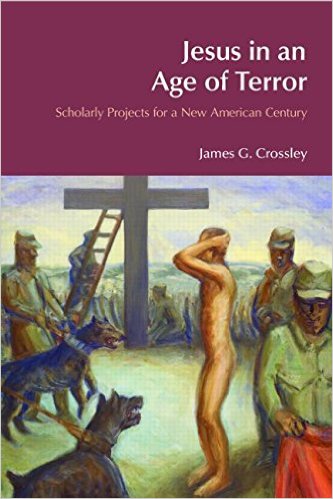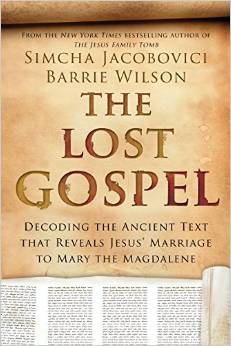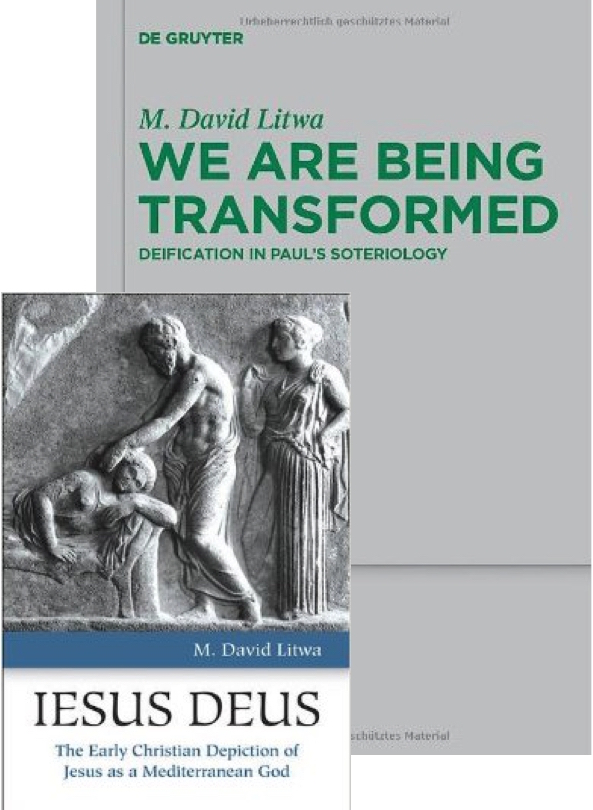With Vridar’s addition to the Top 30 Atheist Blogs it is apropos to discuss my position on atheism and religion.
 The Feedspot site Top 30 Atheist Blogs And Websites Every Atheist Must Follow updates atheist blogs regularly. From the site:
The Feedspot site Top 30 Atheist Blogs And Websites Every Atheist Must Follow updates atheist blogs regularly. From the site:
The Best Atheist blogs from thousands of top Atheist blogs in our index using search and social metrics. Data will be refreshed once a week.These blogs are ranked based on following criteria
- Google reputation and Google search ranking
- Influence and popularity on Facebook, twitter and other social media sites
- Quality and consistency of posts.
- Feedspot’s editorial team and expert review
The name Vridar originated as a pseudonym for the American writer Vardis Fisher who explored his personal journey from Mormonism to atheism in the two part novel Orphans of Gethsemane. From Wikipedia:
This is a book about what has led us to be the way we are, and makes sense of our male-dominated, Judeo-Christian western society, its families, its values, and its wars. The book is semi-autobiographical. The work is divided into two parts – For Passion, For Heaven and The Great Confession. The first novel deals with the Western, pioneer influences and especially the sexual evolution (and psychological implications) for ‘Vridar’ (Vardis). His actual life was tragic with divorce and suicide. The second book describes an intellectual journey, in particular the research, reading and discussions undertaken before writing the Testament.
Since I identified with so many aspects of the life portrayed in the first part of that novel and then again with his intellectual journey in the second, I chose the author’s fictional name, Vridar, for a blog where I discuss my own intellectual journeys, including lessons drawn from a religious background. (Thanks to Earl Doherty for introducing me to Vardis Fisher’s work, especially his Testament of Man series.)
Like Vardis Fisher what interests me is an exploration into what the scholarly research seeks to uncover about the nature of religion itself and why people embrace religious ideas. Simply attacking religion in today’s world “because it is irrational and bad” does not strike me as a carefully thought-through plan. Rather than react viscerally to religion I am inclined to believe that a more productive exercise is to find out what we can “know of our enemy”. That means serious engagement with the specialist research. That’s why I find myself so often at odds with Sam Harris, Richard Dawkins, Jerry Coyne and others: they demonstrate over and over that they have not done their homework and instead of contributing towards public enlightenment they are doing more to fan public ignorance and bigotry. But don’t get me wrong. There’s certainly a place for exposing the dangers of particular religious groups and arguing for a more enlightened world, but let’s do it with some genuine understanding of what we are talking about and the psychology involved.
For a brief while after leaving religion and still raw with the pain I had both experienced and observed I was feverishly hostile to the very idea of any religious faith. My bias was obvious to others and I could scarcely ignore it myself. A more productive path, I soon enough decided, was to try to understand why people embrace all kinds of religious ideas. It was not enough to simply say faith and beliefs in unseen powers are irrational and therefore stupid and dangerous. If religion is the opiate of the masses as Marx wrote then it is difficult to accept that every religious person is partaking of the same doses. Some are best described as being on mild aspirin, others on heavy narcotics. There is a range. Does a single explanation really cover it all?
As for the posts on the Bible, ditto. There’s nothing “anti-Christian” or hostile about any of those studies. Again, what does the research tell us about the origins of our Judea-Christian heritage? That’s what interests me.
Then we have politics, history, science — all from the same perspective of wanting to understand what’s going on. I have learned enough about history and the media to know that news reports very rarely provide an understanding of the issues. News reports tend to act more like buttons that switch on public prejudices. National identities are often grounded in myths, the exposure of which can have the potential to foster more civil societies. To understand what’s going on and how we got to where we are is the main preoccupation of this blog.
I’m looking forward to a personal change in circumstances soon that will enable me to devote more time to reading and blogging ideas that should not be confined to the limited readership of academia.
Like this:
Like Loading...










